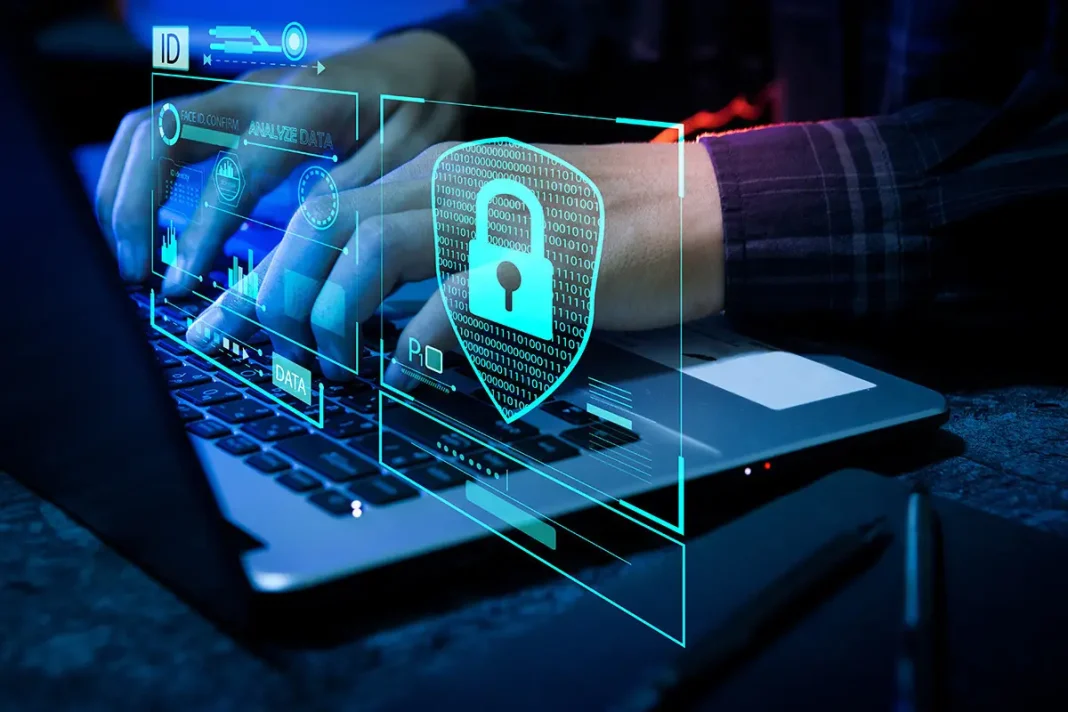The operations of all businesses have changed due to rapid technological breakthroughs, and the automobile sector is no exception. The automobile industry is now a part of the digital revolution, which exposes it to hostile cybersecurity threats and assaults. While the Internet of Things (IoT) and cutting-edge connected car technology have enabled customers to enjoy a more advanced driving experience with remote managing and servicing, cybersecurity has emerged as a crucial concern for original equipment manufacturers (OEMs) and all stakeholders in the automotive industry.
The trend of connected, autonomous, shared, and electrified is progressing, and this means that automobiles are becoming smarter every day in terms of features like an intelligent dashboard and highly automated driving. In addition, modern connected automobiles are progressive including technologies like multi-modal interaction, multi-display interaction, 5G connectivity, V2X, OTA, and digital keys. As a result, the connected automobile market has likewise experienced a consistent expansion in recent years.
Connected cars these days enable computers or mobile applications to remotely control and monitor almost all systems in a vehicle including the steering, brakes, locking and unlocking, and the engine itself. This leaves the cars vulnerable to hackers who can obtain information or even take control of an automated car if the system is not adequately protected; making cybersecurity a grave concern for both customers and the automakers. Automated vehicle manufacturers are dealing with multiple facets of cybersecurity like computing systems, communication systems, vehicle interface, data transfer, back end, cloud, etc., to ensure safe and secure mobility.












